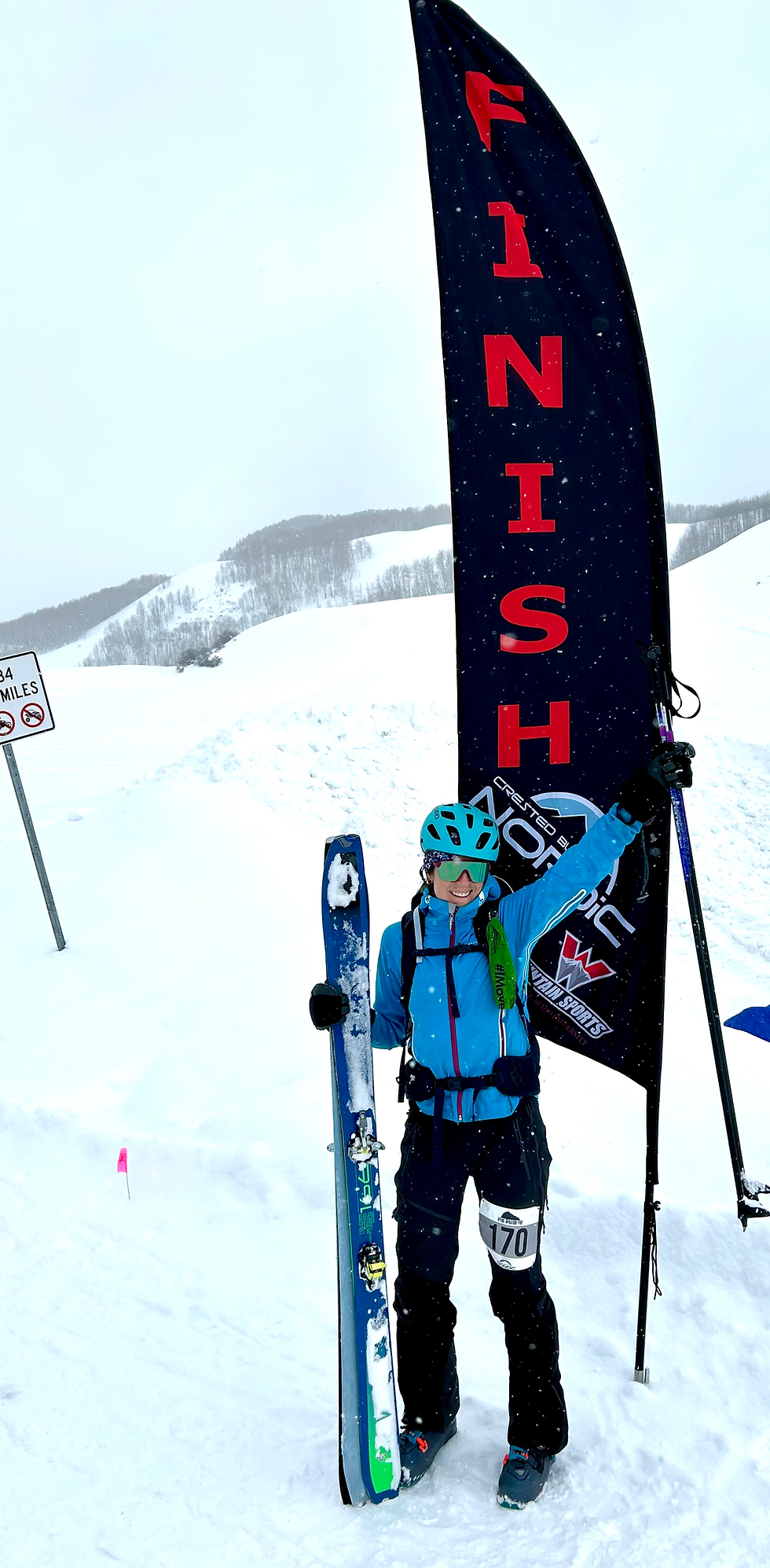muhammad ali & me
- Devon Cone
- Jun 29, 2025
- 2 min read
Updated: Aug 7, 2025

Never in my life did I think I would ever have anything in common with Muhammad Ali. He was the Greatest—a heavyweight champion, a global icon, a man whose very presence commanded attention. He came from a poor background, a different generation, and grew up Black in segregated America, fighting not only in the ring but against racism, war, and injustice. I, on the other hand, am a white woman who grew up with every kind of privilege—safety, education, and opportunity. From the outside, we couldn’t seem more different. Frankly, if I told most people that I feel a sense of kinship with Muhammad Ali, they’d probably think I was at best, out of my mind, and at worst, that I was blind to the weight of history and context that separates us.
But Parkinson’s disease doesn’t care about background, race, or class. It takes aim at whoever it chooses. And in that strange and humbling way, Ali and I now have one thing in common: I am fighting the same relentless, invisible opponent that he fought, one that tries to take away everything.
When I was diagnosed at 35, it felt like my world split in two. I had always been strong, active, and capable. As symptoms began to present themselves, however, I didn’t recognize the body that started betraying me.
So, a couple of years after I was diagnosed, when reality was setting in and I was getting really down about the life that lay ahead of me, my boyfriend gave me a photo of Ali—underwater, squaring off against his own reflection. It’s quiet and haunting, and I see it every morning when I wake up. In that image, Ali isn’t throwing punches at someone else. He’s fighting himself. And that, more than anything I’ve ever seen, is what Parkinson’s feels like. A battle not against a person, or oppression, or a regime, or an issue outside of yourself. Rather, it is a fight against your own body, your own mind. And it is indeed a fight with no end in sight.
Even though our lives were built on such completely different foundations, I find myself looking to Ali for strength. He wasn’t just a fighter in the ring—he was a fighter for justice, for dignity, and for truth. He refused to be silenced, refused to back down, and faced Parkinson’s with the same defiant spirit he brought to every battle. I will never come close to his level of courage, but I can try to carry a fraction of it. I can try to meet this disease with resolve and dignity.
From the outside, Muhammad Ali and I don’t belong in the same sentence. But, seeing him every day in that photograph, reminds me that this is a fight worth showing up for. I am reminded that someone as great as him has done it before. Even if I am fighting my own reflection, my own failing body, then the only choice is to fight with everything I have. At least when I look at that photo, I feel as though I’m not alone in the ring.




Comments